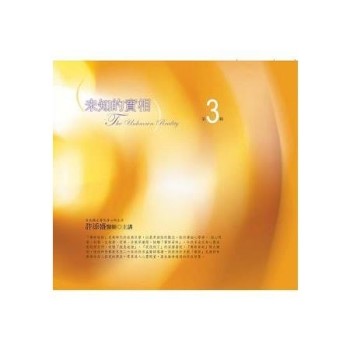The Middle Ages, 800-1400 were a rich and vibrant period in the history of European culture, society, and intellectual thought. Emerging state powers, economic expansion and contraction, the growing influence of the Christian Church, and demographic change all influenced the ideals and realities of childhood and family life. Movements for Church reform brought the spiritual and moral concerns of the laity into sharper focus, profoundly shaping attitudes towards gender and sexuality and how these might be applied to family roles. At the same time, the growth of trade, the spread of literacy and learning, shifting patterns of settlement, and the process of urbanization transformed childhood.
This volume explores the ideas and practices which underpinned contemporary perceptions of childhood in the medieval West, and illuminates the enduring importance of the family as a dynamic economic, political, and social unit.
As with all the volumes in the illustrated Cultural History of Childhood and Family set, this volume presents essays on family relationships, community, economy, geography and the environment, education, life cycle, the state, faith and religion, health and science, and world contexts.
| FindBook |
有 1 項符合
A Cultural History of Childhood and Family in the Middle Ages的圖書 |
 |
A Cultural History of Childhood and Family in the Middle Ages 作者:Wilkinson 出版社:Bloomsbury Publishing PLC 出版日期:2014-03-13 語言:英文 規格:平裝 / 264頁 / 23.9 x 16.8 x 1.5 cm / 普通級 |
| 圖書館借閱 |
| 國家圖書館 | 全國圖書書目資訊網 | 國立公共資訊圖書館 | 電子書服務平台 | MetaCat 跨館整合查詢 |
| 臺北市立圖書館 | 新北市立圖書館 | 基隆市公共圖書館 | 桃園市立圖書館 | 新竹縣公共圖書館 |
| 苗栗縣立圖書館 | 臺中市立圖書館 | 彰化縣公共圖書館 | 南投縣文化局 | 雲林縣公共圖書館 |
| 嘉義縣圖書館 | 臺南市立圖書館 | 高雄市立圖書館 | 屏東縣公共圖書館 | 宜蘭縣公共圖書館 |
| 花蓮縣文化局 | 臺東縣文化處 |
|
|
圖書介紹 - 資料來源:博客來 評分:
圖書名稱:A Cultural History of Childhood and Family in the Middle Ages
內容簡介
The Day We Had Candy Floss
Glimmers: How to Find Pockets of Joy in Your Every Day
Read Yourself Happy: How a Good Book Habit Can Ease Your Anxiety
How to Read a Room: Navigate Any Situation, Lead with Confidence, and Create an Impact at Work
How to Read a Room: Navigate Any Situation, Lead with Confidence, and Create an Impact at Work
The Life-Changing Magic of Quitting Alcohol
Your Child’s Greatness: A Parent’s Guide to Raising Children Without Impostor Syndrome
Living Fearless Guided Journal: Exchanging the Lies of the World for the Liberating Truth of God
Motivestions: The Missing Key to Living Your Best Life
Journey of my Footsteps
Glimmers: How to Find Pockets of Joy in Your Every Day
Read Yourself Happy: How a Good Book Habit Can Ease Your Anxiety
How to Read a Room: Navigate Any Situation, Lead with Confidence, and Create an Impact at Work
How to Read a Room: Navigate Any Situation, Lead with Confidence, and Create an Impact at Work
The Life-Changing Magic of Quitting Alcohol
Your Child’s Greatness: A Parent’s Guide to Raising Children Without Impostor Syndrome
Living Fearless Guided Journal: Exchanging the Lies of the World for the Liberating Truth of God
Motivestions: The Missing Key to Living Your Best Life
Journey of my Footsteps
|











